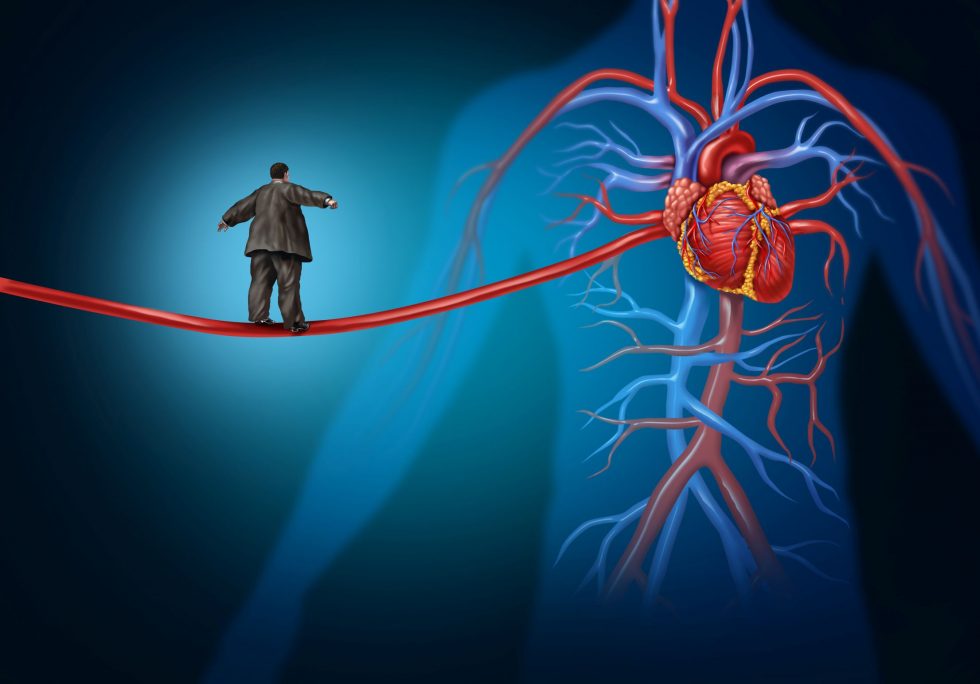Heart Disease is one of the biggest silent killers globally.
Having high blood pressure puts stress on the heart and causes premature death from heart attack and stroke. High blood pressure is an issue if the systolic blood pressure (when your heart pumps) is over 140 and the diastolic blood pressure (when your heart relaxes) is over 90.
SYMPTOMS OF HIGH BLOOD PRESSURE
The symptoms of high blood pressure are:
– SEVERE HEADACHES
– FATIGUE OR CONFUSION
– VISION PROBLEMS
– CHEST PAIN
– DIFFICULTY BREATHING
– IRREGULAR HEARTBEAT
– BLOOD IN THE URINE
– POUNDING IN THE CHEST, NECK, OR EARS.
PRIMARY CAUSES OF HIGH BLOOD PRESSURE
The primary causes of high blood pressure are:
OBESITY – being overweight is directly linked to high blood pressure
DIET – Sodium, sugar and fat laden diets are tied to high blood pressure.
SEDENTARY LIFESTYLE – Long term lack of exercise leads to weight gain and undue pressure on the heart.
DIABETES – In people with elevated blood glucose (sugar) levels, high blood pressure is prevalent. High blood pressure can also be caused by taking certain medications to manage diabetes.
SIDE EFFECT OF MEDICATIONS – According to Fitness Magazine, some of the most common medications which may increase blood pressure are “non-steroidal anti-inflammatory drugs, decongestants, and hormonal birth control.” These medications may cause high blood pressure by constricting your blood vessels and/or causing water retention.
STRESS – Excess stress has been linked to a wide variety of health conditions including high blood pressure and heart disease. Stress causes your adrenal glands to pump out blood pressure increasing hormones and on top of that your body’s natural “fight or flight” response causes your blood vessels to contract.
NUTRIENT DEFICIENCIES – High blood pressure can also occur due to insufficient dietary intake of certain nutrients.
KEY NUTRIENTS TO CONTROL BLOOD PRESSURE
Some of the key nutrients to control blood pressure are:
- Potassium, which helps balance the sodium in the cells.
- Vitamin D, which may affect an enzyme produced by your kidneys that affects blood pressure.
- Calcium and Magnesium – an insufficient intake of calcium and magnesium can cause an increase in blood pressure.
With knowledge of what can cause high blood pressure, you have the ability to make changes that could lower your high blood pressure.
Lifestyle and dietary changes can go a long way to improving your health. Eating a nutrient-rich diet of natural, whole foods is a great way to give your body the nutrition it needs to be more healthy.
Find out more about how to create meals that can support better cardiovascular health, and overall health. Click here for more information about the Eat Well, Feel Great! Nutrition Program. Get the true data on the nutrition your body needs for great health.

